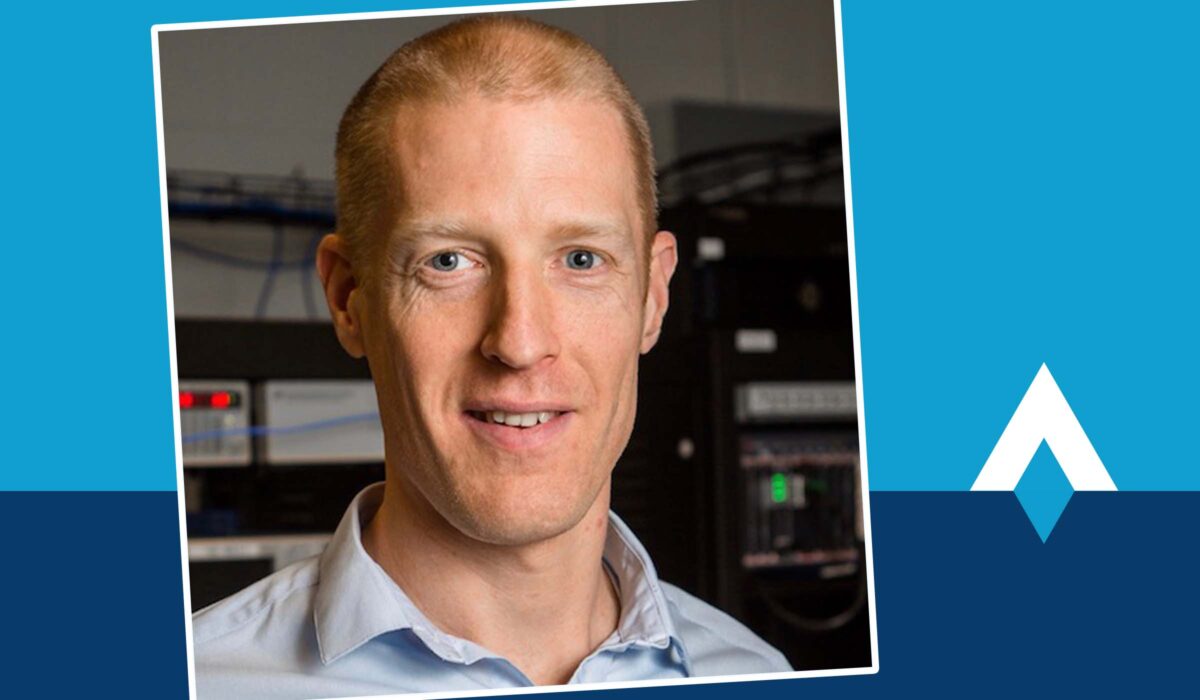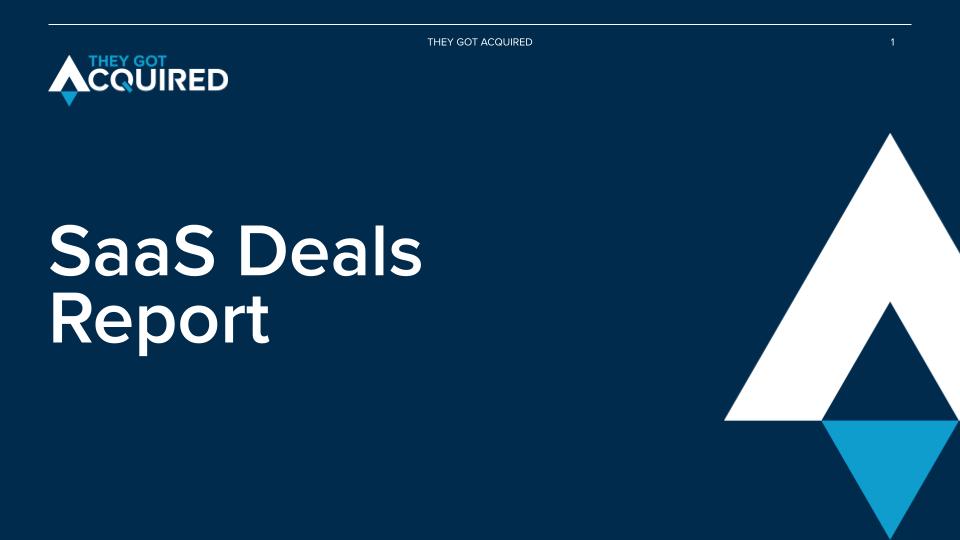Researchers and engineers encounter a common problem: to run the tests and measurements necessary for their work, they first must spend valuable time writing code to build a system for running these experiments.
Labber flipped this process on its head. In true no-code fashion, the software offers a complete solution for instrument control and lab automation that allows researchers to focus on quantum computing experimentation.
That proved valuable, and the company sold to technology giant Keysight Technologies, according to founder Simon Gustavsson. While he could not disclose the sale price, he said it worked out to a 100x multiple of annual revenue.
Gustavsson began the project in 2017 as a part-time venture that he ran alongside his job as a research scientist at the Massachusetts Institute of Technology. But soon, as interest and customer base increased, he realized there was a clear need in the community for the type of easy-to-use control software that Labber provided. As he took on more customers, the part-time project became a full-on business venture.
Gustavsson bootstrapped Labber, spending about $20,000 to cover company formation, computers, trade show attendance and advertising before the company was generating revenue.
He relied on an interesting and lucrative business model. Because the software was niche, he didn’t have an endless client list. Instead, the company worked closely with a selection of around 40 customers to deliver a high-quality product experience. Labber sold at a list price of $1,000 per licence per year, with many customers having multiple licences.
A lab-orious sale process for Labber
Gustavsson said he wasn’t planning to sell the business, but multiple large corporations were looking to enter the space. The company was desirable, Gustavsson said, because there weren’t many other software options like it available, plus they had relevant product know-how within the team.
The selling process was arduous, Gustavsson said, taking over 10 months to complete, largely because of the size of the buyer, Keysight Technologies, a multi-billion-dollar technology company. He engaged a law firm to draft the contracts and assist with the sale.
The deal wrapped up in 2020. While the exact sale price wasn’t disclosed, Keysight Technologies’ quarterly SEC report, known as a Q-10, filed on March 5, 2020, mentions cash “for a small acquisition” (pg. 30). The company’s investor relations and corporate relations teams did not respond to emails asking for comment, and They Got Acquired was unable to confirm that spend was related to Labber’s acquisition.
The “acquisition will drive advancements in the research and development of quantum computing and engineering,” according to the buyer’s press release.
Gustavsson is now starting a new company, Atlantic Quantum, which builds scalable quantum computers that will “tackle the world’s hardest computational challenges.”
An earlier version of this story included different details on the sale price. Since publishing this story, we’ve obtained additional information and corrected those details. We share more about our reporting process here.



